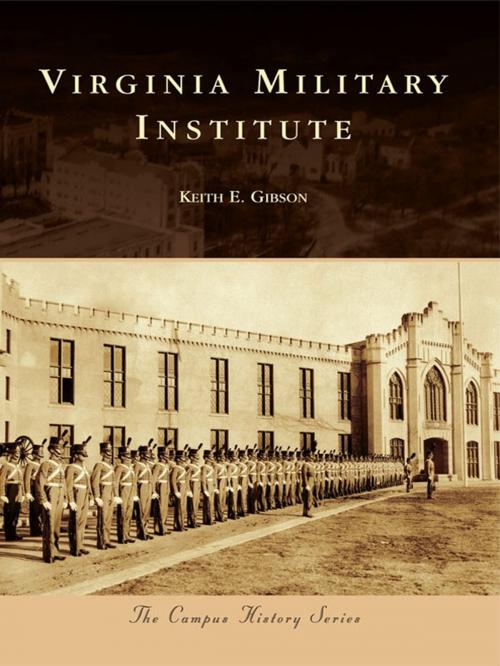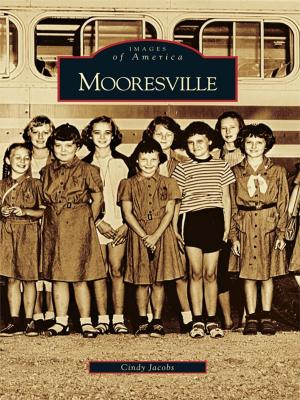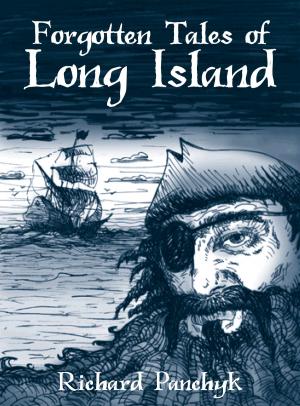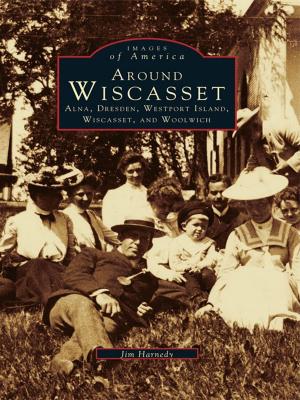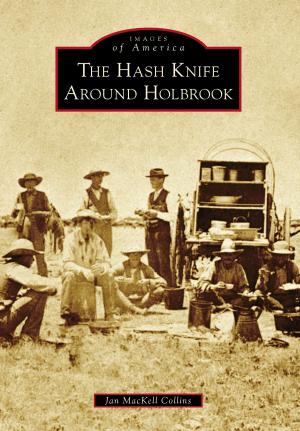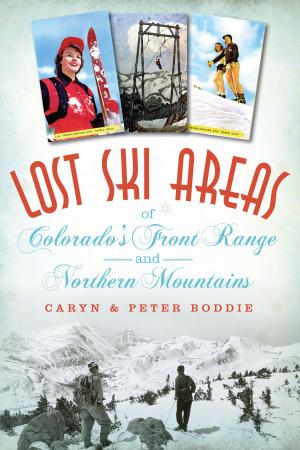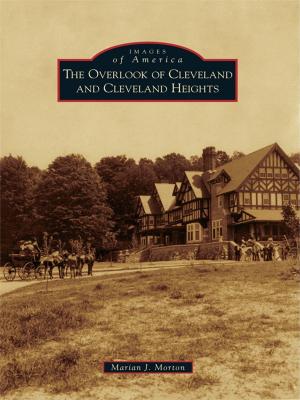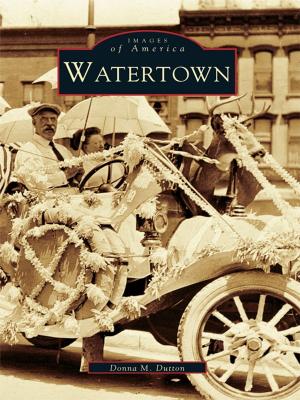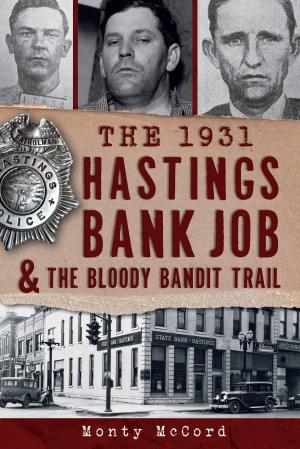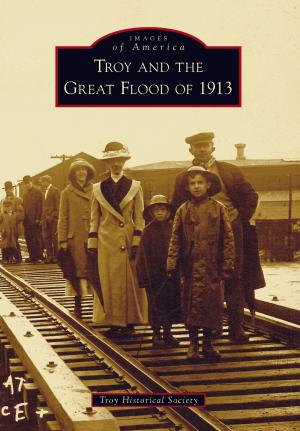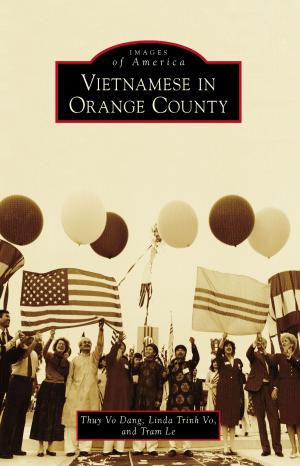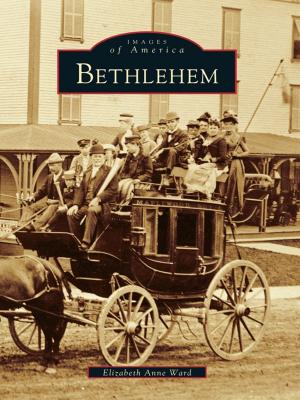Virginia Military Institute
Nonfiction, Reference & Language, Education & Teaching, History, Art & Architecture, Photography, Pictorials, Travel, Administration| Author: | Keith E. Gibson | ISBN: | 9781439641477 |
| Publisher: | Arcadia Publishing Inc. | Publication: | November 1, 2010 |
| Imprint: | Arcadia Publishing | Language: | English |
| Author: | Keith E. Gibson |
| ISBN: | 9781439641477 |
| Publisher: | Arcadia Publishing Inc. |
| Publication: | November 1, 2010 |
| Imprint: | Arcadia Publishing |
| Language: | English |
In 1839, the Virginia Military Institute became the nation�s first state-sponsored military college when the state arsenal in Lexington, Virginia, adopted an additional duty providing a college education to a small group of cadets. This humble experiment became the nation�s model for educating the citizen-soldier. Today cadets live a military lifestyle while pursuing an undergraduate degree and may choose to accept a commission in any branch of the armed forces upon graduation. Noted alumni include Pony Express organizer Ben Ficklin (1849), Nobel Peace Prize recipient Gen. George Marshall (1901), Polar explorer Adm. Richard Byrd (1908), U.S. Supreme Court Justice Tom Clark (1921), and actor Dabney Coleman (1957). Numbered among the alumni are over 260 general officers, 13 Rhodes Scholars, and a saint in the Episcopal Church. The Post, as the campus is called, is a National Historic District with its distinctive Gothic Revival architecture surrounding the central parade ground.
In 1839, the Virginia Military Institute became the nation�s first state-sponsored military college when the state arsenal in Lexington, Virginia, adopted an additional duty providing a college education to a small group of cadets. This humble experiment became the nation�s model for educating the citizen-soldier. Today cadets live a military lifestyle while pursuing an undergraduate degree and may choose to accept a commission in any branch of the armed forces upon graduation. Noted alumni include Pony Express organizer Ben Ficklin (1849), Nobel Peace Prize recipient Gen. George Marshall (1901), Polar explorer Adm. Richard Byrd (1908), U.S. Supreme Court Justice Tom Clark (1921), and actor Dabney Coleman (1957). Numbered among the alumni are over 260 general officers, 13 Rhodes Scholars, and a saint in the Episcopal Church. The Post, as the campus is called, is a National Historic District with its distinctive Gothic Revival architecture surrounding the central parade ground.
